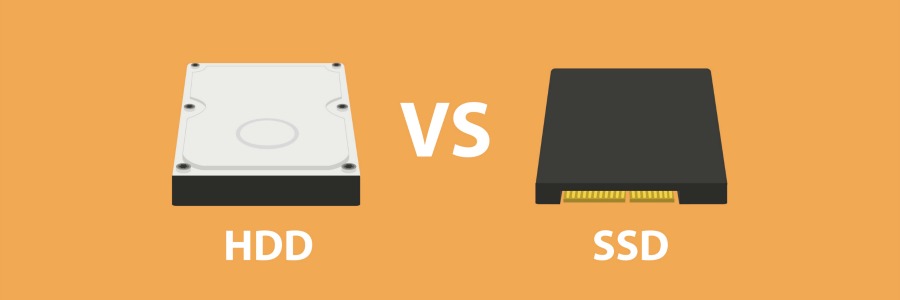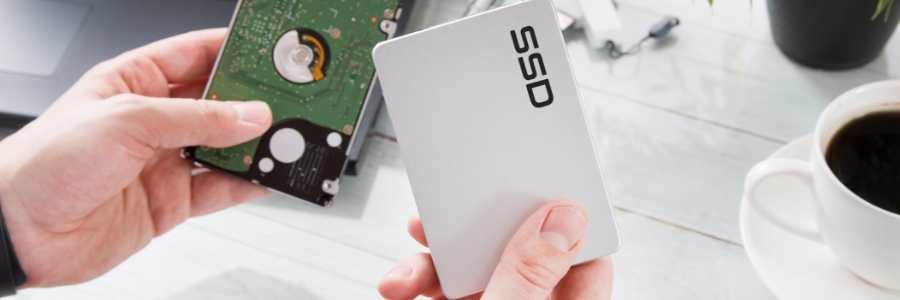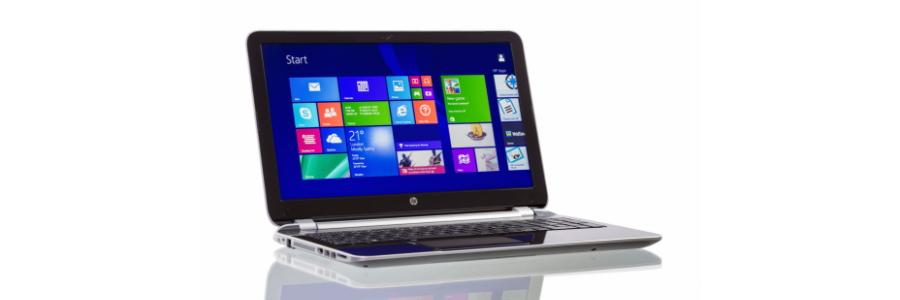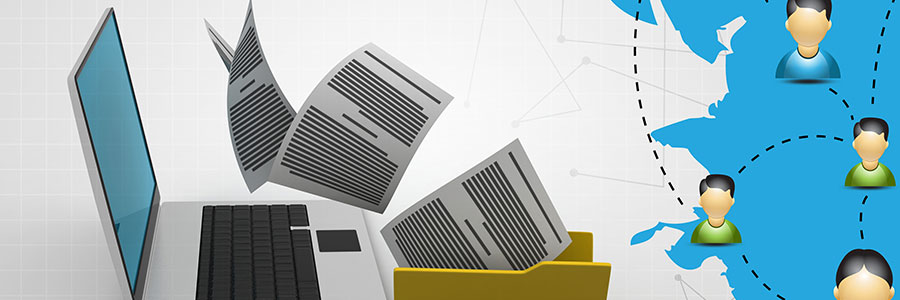If you’re in the market for a new computer or laptop, you may be given a choice to configure your system with either a hard disk drive (HDD) or a solid state drive (SSD). Both drives store data but work in different ways. In this blog post, we’ll discuss their differences so you can determine which one is right for you.
Storage drives: HDD and SSD explained
Why you should consider SSD over HDD

Computer and laptop buyers today need to make a decision between getting either a solid state drive (SSD) or a hard disk drive (HDD) as a primary storage component for their device. But which one is the better choice? In this article we outline the distinct features of SSD and HDD so you can make the right decision for your next purchase.
What you can expect from the Windows 10 October 2020 Update
Google Chrome-Android syncs will revolutionize your daily life
Defining HDD and SSD
Why sync your Android phone with Chrome?

Users of both Android phones and Google Chrome have reason to rejoice. Actually, make that five reasons — Android and Chrome synced together let you do a quintet of useful things. See for yourself.
Send directions from Google Maps to your Android phone
While Google Maps works great on smartphones, it’s often easier to use on larger screens.
Simple Tricks to Create More Windows 10 Space
Your business needs a UPS system

For some businesses, power loss could result in profit loss. Natural disasters such as storms and hurricanes, construction or utility accidents, and other unforeseeable technical failures can put your business’s operations to a grinding halt. Businesses that depend on a continuous power supply to function might endure a slight disruption, but some might not.



